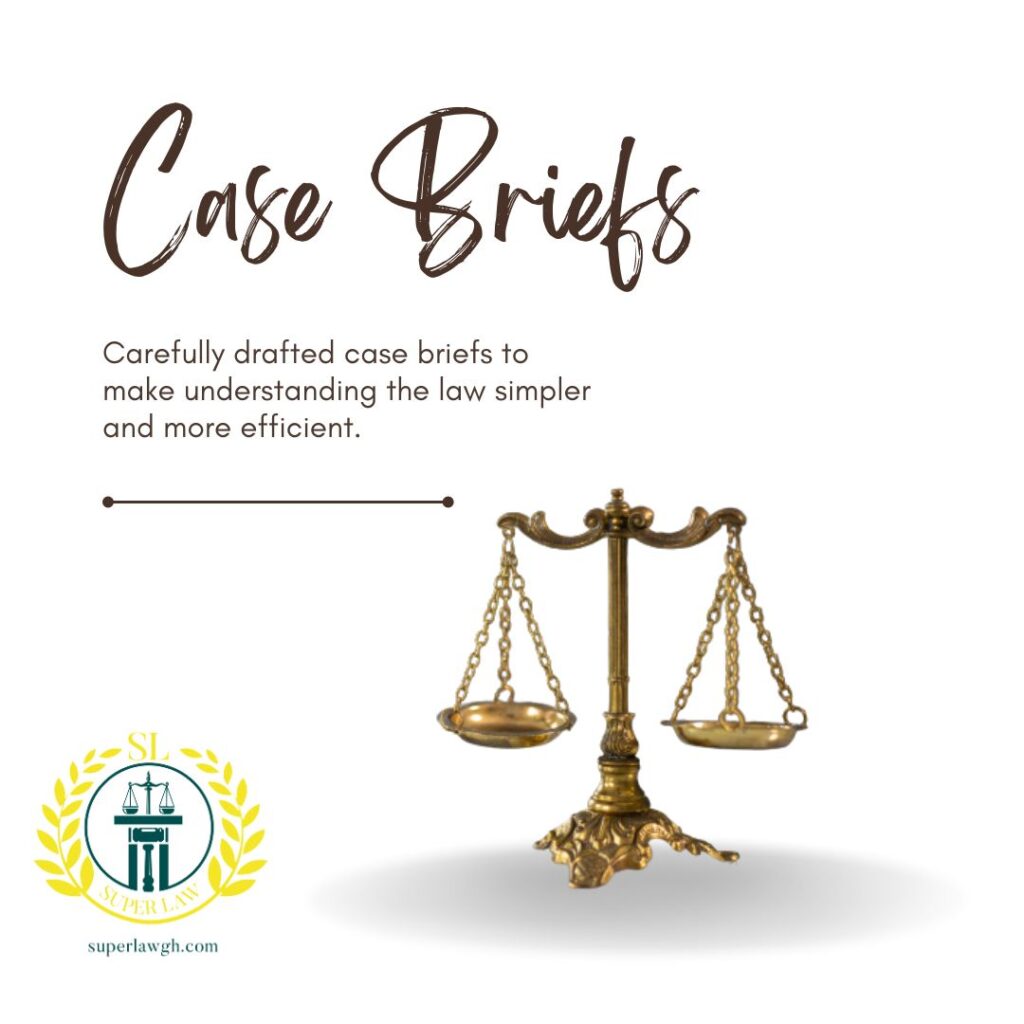
Speaker of Parliament, Alban Bagbin has raised concerns about the increasing spate of official communications from law enforcement agencies for MPs to be invited for questioning over some allegations.
In his opening remarks in Parliament on Tuesday, May 27 after the House had resume from recess, Alban Bagbin said there has been a noticeable increase in the number of official communications from law enforcement and investigative bodies directed at MPs.
Bagbin explained that although some of these allegations arise before some MPs assumed office or while they were in office, such request from the police must be treated with some seriousness.
According to Alban Bagbin, although MPs are protected by parliamentary immunity, it is not a way to escape police inquiry or investigations.
He averred that the parliamentary immunity granted MPs is
“to protect the independence of the legislature, not to obstruct justice.”
“Let me sound this loud and clear: parliamentary privilege is not immunity from lawful inquiry. It is not a licence to disregard the law.
“These provisions are institutional safeguards. They were never intended as escape routes for Hon Members,” Bagbin said.
Alban Bagbin insisted that under his leadership, due processes will take their courses anytime allegations are raised against MPs.
He said Parliament will not stand by while members are subjected to unlawful or politically motivated persecution just as Parliament will not offer protection to lawmakers who seek to misuse their privileges to frustrate legitimate investigations.
“I remain committed to fully upholding the constitutional and procedural protections afforded to every member of this House. The dignity of Parliament requires that its rules and privileges be respected. But it also requires that we do not mistake privilege for impunity. No member can act as though the confidence of the electorate is a shield against scrutiny,”
What are the immunities of Member of Parliament ?
The Constitution of the Republic of Ghana under article 115 afford Members of Parliament the right to speak and debate on any matter without fear of civil or criminal proceedings being brought against them for what they say in Parliament. Article 115 states:
FREEDOM OF SPEECH AND OF PROCEEDINGS.
There shall be freedom of speech, debate and proceedings in Parliament and that freedom shall not be impeached or questioned in any court or place out of Parliament.
Members of Parliament are also immune from civil or criminal proceedings for any matter brought in before Parliament by way of petition, bill, motion, or some other means according to article 116(1). Article 116(1) reads:
IMMUNITY FROM PROCEEDINGS FOR ACTS IN PARLIAMENT.
(1) Subject to the provisions of this article, but without prejudice to the general effect of article 115 of this Constitution, civil or criminal proceedings shall not be instituted against a member of Parliament in any court or place out of Parliament for any matter or thing brought by him in or before Parliament by petition, bill, motion or otherwise.
Additionally, Members of Parliament are also immune from service of process issued from any other place out of Parliament which the Member of Parliament is on his way or out of Parliament. Article 117 states:
IMMUNITY FROM SERVICE OF PROCESS AND ARREST.
Civil or criminal process coming from any court or place out of Parliament shall not be served on, or executed in relation to, the Speaker or a member or the Clerk to Parliament while he is on his way to, attending at or returning from, any proceedings of Parliament.
According to article 118 of the Constitution of the 1992 Republic of Ghana, Members of Parliament shall not be compelled to appear as witness in any court outside Parliament while attending Parliament.
Article 119 of the Constitution also provides that Members of Parliament shall not be required to serve as jury in any court or place out of Parliament.
Source: 3news, Raphael Gartey

